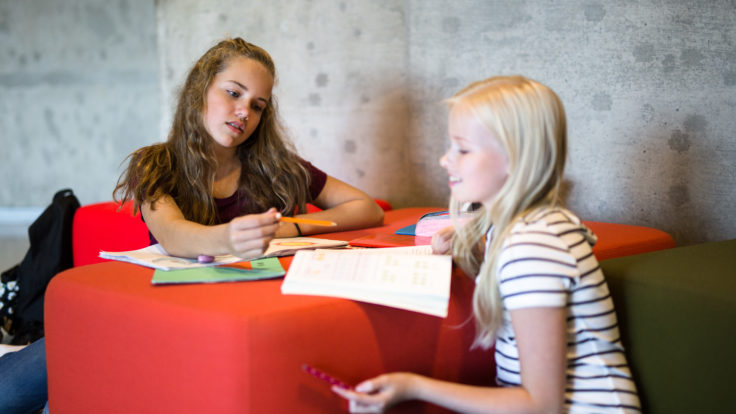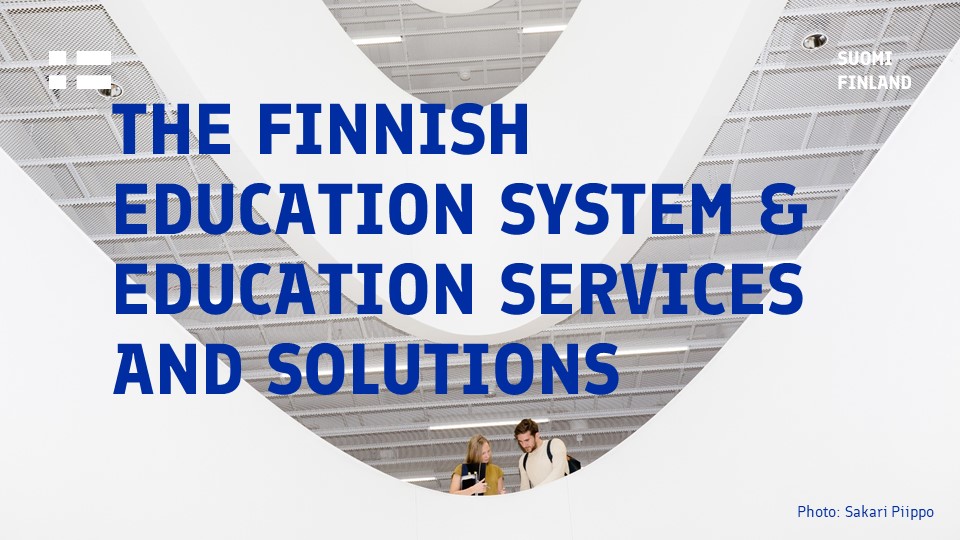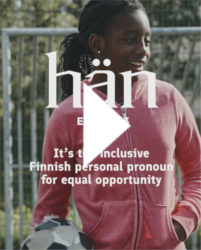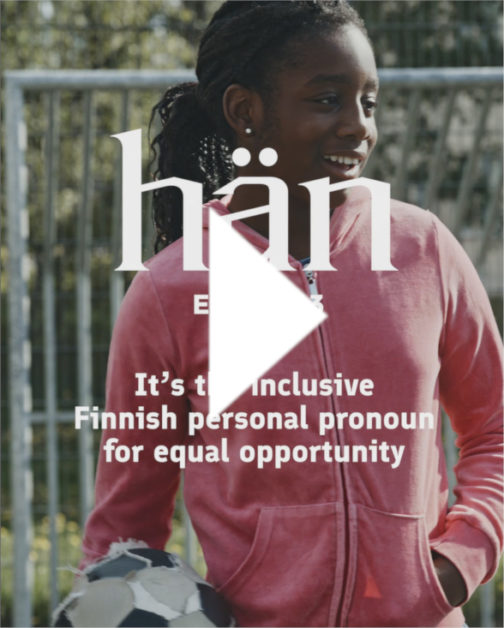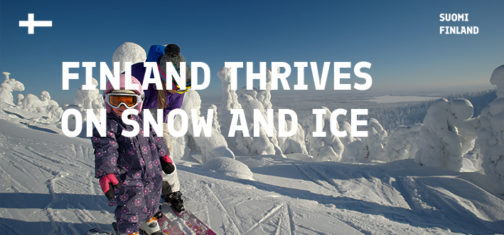A OECD study in 2018 estimated that many jobs in developed countries could be lost during digital transformation. There exists an urgent need to educate and train people to meet the requirements of future jobs.
Finland has one of the highest-quality education system in the world, as shown by consistently high rankings in third-party international studies. For example, Finland is ranked #1 by the Economist in their Educating for the future index, while the OECD says Finland is #2 in the world for the highest performing graduates. Finland has achieved this success despite only spending slightly more per student than the average in OECD countries.
Teachers are valued in Finnish society. They are highly educated and trusted to do what is best for every student. Personalized help is common: the Smithsonian notes that nearly 30% of children receive some kind of special help during their first nine years of school.
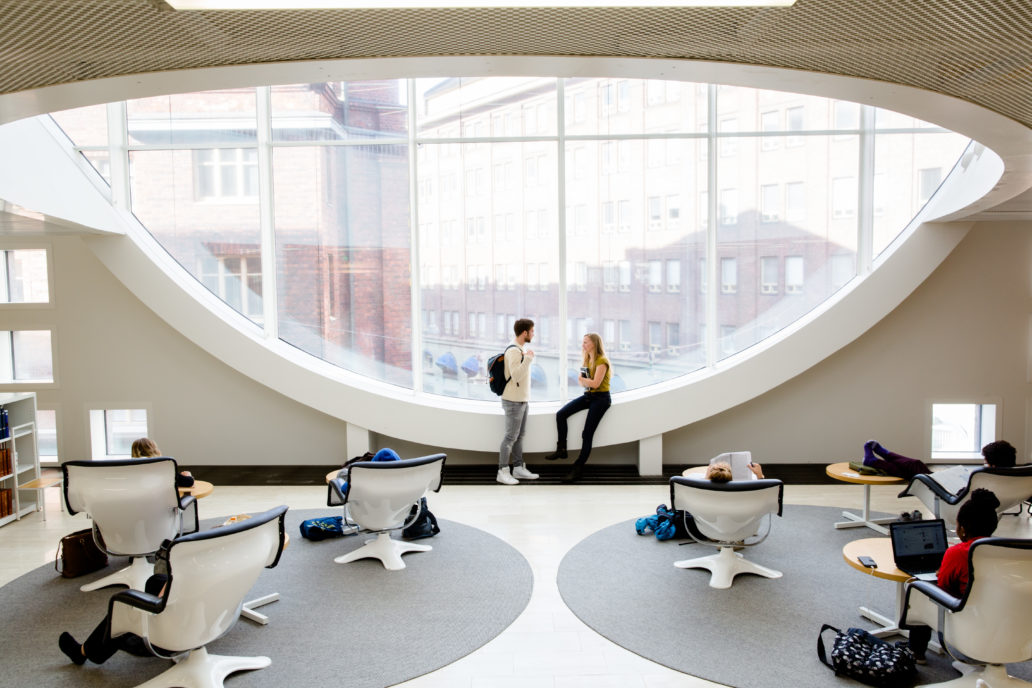
Schools are given a great deal of autonomy. They are not micromanaged nor tightly controlled from a centralized authority. In fact, there is a high level of trust and division of responsibilities between the national and local authorities.
Finnish education pays attention to the entire school environment. For example, high-quality free lunches have been provided to students since 1948.
Early childhood education in Finland is about play and social interaction. This promotes the joy of learning. A strong early beginning in learning promotes the development of cognitive, social, language and numeracy skills, as well as a motivation and joy to continue learning.
Finnish vocational education is a dynamic part of continuous learning. It is developed in close cooperation with industries and emphasizes broad competences, flexible study paths and work-based learning.
Many people around the world are fascinated about the Finnish education system and want to learn more. Finnish schools and education methods have become a popular topic in news stories.
Finnish education institutions and companies are eager to work with all international partners in education, share what they know and collaborate for new innovations in learning.
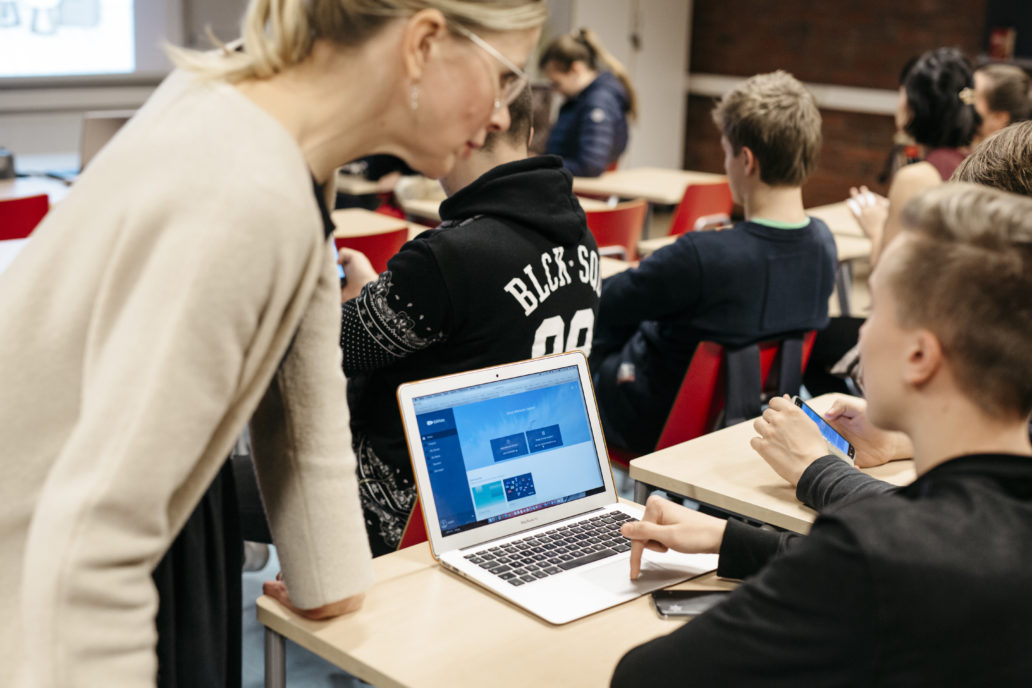
FACTS AND STATS
The Economist ranked Finland #1 in their Educating for the future index (2019).
The OECD says Finland is #2 in the world for highest performing graduates (2019).
68.7% of adult Finns participated in informal learning during the past year, compared to the EU average of 59.9%, according to Eurostat.
Finnish education exports are a small sector of the economy but have grown 49% in the last five years, according to Education Finland.
90% of teachers in Finland are satisfied with their work, and 92% say positive aspects of their job outweigh the negative ones, according to a survey commissioned by the Ministry of Education and Culture.
